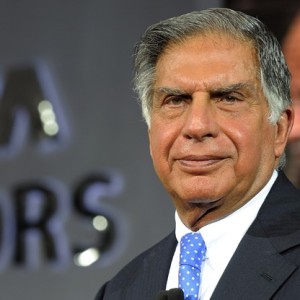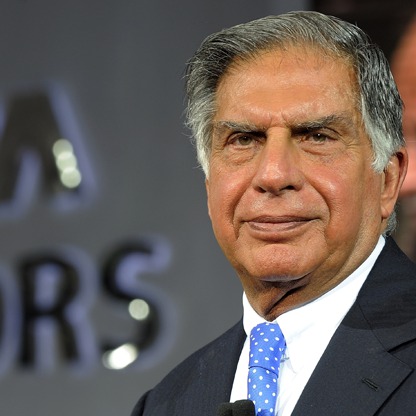Mumbai–A contempt of court petition was filed against Tata Sons on Wednesday for calling an Extra-ordinary General Meeting (EGM) to remove Cyrus Mistry as a Director on its Board.
According to the people in the direct knowledge of the development, the contempt of court petition with the National Company Law Tribunal (NCLT), Mumbai, was filed against the company and its directors by Mistry’s investment firms.
Tata Sons’ Board ousted Mistry on October 24 as its Chairman and appointed Ratan Tata as interim Chairman.

However, Mistry still remains a Director on the board of the holding arm of the $100 billion-plus group.
Tata Trusts hold 66 per cent stake in the holding company of the Tata Group, whereas Mistry’s family holds over 18 per cent interest.
The petitioners have sought an injunction against the proposed EGM which is said to have been called on February 6, 2017.
The petition alleged that company has violated NCLT’s order dated December 22, 2016, as it called for an EGM by issuing a special notice on January 3, 2017.
Tata Sons responded by saying: “There is no contempt. We will make our submissions to the NCLT.”
The development comes days after Tata Sons filed an over 200-page affidavit with the NCLT.
The affidavit, among other things, alleged that Mistry had under-performed as the Chairman of Tata Sons, which led to a decline in dividend payments to Tata Trusts.
The affidavit also pointed out that the Board of Tata Sons had lost confidence in Mistry.
Earlier, Tata Sons had been served with a petition filed before the NCLT by Mistry’s investment companies under Sections 241 and 242 of the Companies Act.
On December 22, Tata Sons said the NCLT has not granted any interim relief to its ousted chairman.
Tata Sons also served legal notice to Mistry, alleging breach of confidentiality and passing on sensitive information to his family-controlled companies.
However, no damages were sought.
The holding company of the industrial conglomerate had filed a petition before the NCLT for alleged “breach of confidentiality obligation by a Director”. (IANS)





